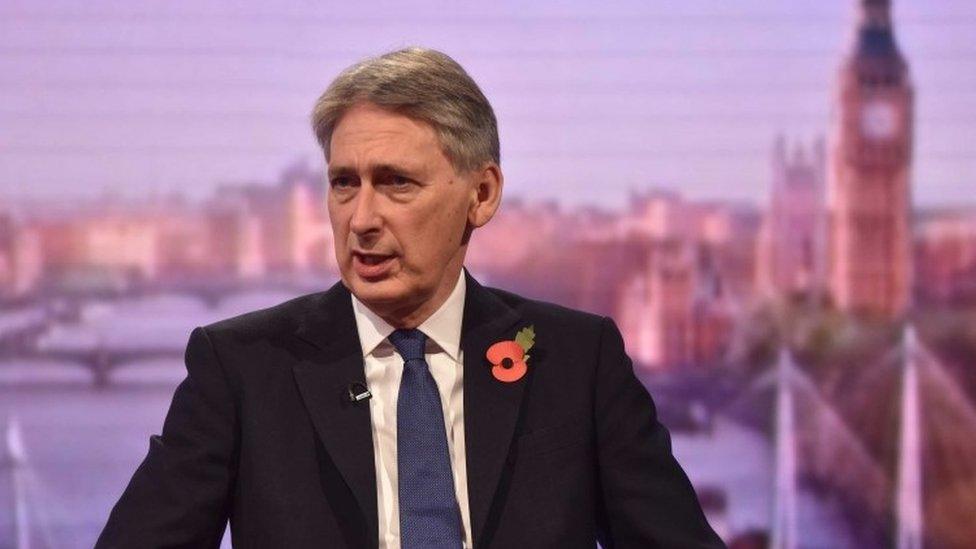The four key points from David Cameron's EU letter
- Published
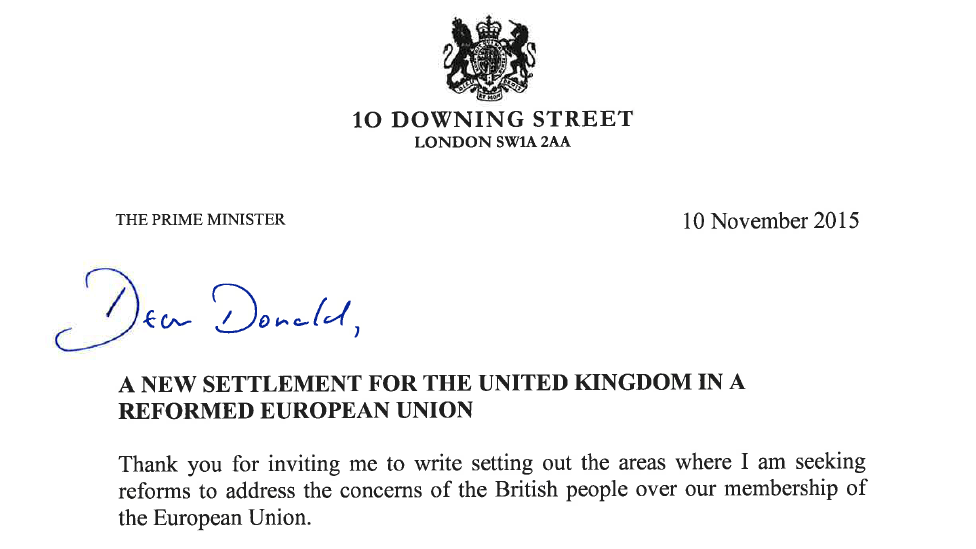
David Cameron has written a letter to the European Council President Donald Tusk setting out four areas where he wants changes to the UK's membership of the European Union. Here's a guide to the key bits...
Protection for non-euro countries


What the goal is: To prevent eurozone countries ganging up on Britain to discriminate against the City of London - and protect its status as Europe's leading financial centre. To protect the UK from having to bailout eurozone countries that get into trouble. To officially recognise the EU as a "multi-currency" area, giving more protection to non-euro countries like the UK.
Likelihood of getting EU agreement: Chancellor George Osborne sounded confident last week that he could do a deal with his German counterpart, Wolfgang Schauble but there will be tough negotiations over the small print and whether Britain should get a full veto.
Likely impact on EU referendum: Not a big issue with the general public but seen by the government as the biggest issue for British business.
BBC Europe editor Katya Adler says: Has a lot of backing in other European capitals but will the UK insist on having a veto on eurozone legislation? That will be a lot more difficult to achieve than a vote. Read more from Katya.
Competitiveness


What the goal is: To extend the single market and cut down on excessive regulation - commonly known by critics as "Brussels bureaucracy".
Likelihood of getting EU agreement: Relatively straightforward because Germany is on board, although there may be haggling over the precise details, which have yet to be revealed. One man's red tape is another man's sensible protection.
Likely impact on EU referendum: We've heard a lot about cutting EU or UK "red tape" over the years - so it is hard to think it will sway many undecided voters.
BBC Chief Correspondent Gavin Hewitt says: Some of these demands can be more easily delivered than others. The EU Commission is already committed to less regulation. Read more from Gavin
End obligation to 'ever closer union'


What the goal is: Allowing Britain to opt out of the EU's founding ambition to forge an "ever closer union" of the peoples of Europe so it will not be drawn into further political integration. Giving national parliaments more of a say in forming EU laws.
Likelihood of getting EU agreement: Has caused some eye-rolling in EU circles, with some muttering that the British always want their own special deal, but few real objections. The same goes for the idea of giving national parliaments more say.
Likely impact on EU referendum: Will be sold by the stay-in campaign as a major victory for Mr Cameron but the Leave campaign will say it is largely symbolic and the option to give parliaments more say already exists.
BBC Chief Correspondent Gavin Hewitt says: There is already a "yellow card" mechanism for national parliaments putting a brake on EU legislation, and that could be toughened up.
Benefit restrictions


What the goal is: Cutting the current high levels of immigration from the EU by reducing what the government claims is one of the major "pull factors" - access to in-work and out-of-work benefits including housing subsidies.
Likelihood of getting EU agreement: By far the toughest goal Mr Cameron has set himself. Eastern and Central EU countries see it as a direct discrimination against their citizens, while Germany and the European Commission view it as a potential attack on the fundamental EU right of free movement. Mr Cameron is looking at ways round these objections such as making residency rather than immigration status the criteria for claiming benefits.
Likely impact on EU referendum: Big, although the Leave campaign will argue that the only way for Britain to truly cut immigration is to regain control of its borders by leaving the EU, whatever kind of deal Mr Cameron manages to put together.
BBC Europe editor Katya Adler says: A number of the British ideas are welcomed by the majority of other European countries - such as restricting the freedom to work across the EU of citizens from new member states (until their economies have caught up with the EU average). There is also broad agreement on cracking down on welfare tourism and limiting child benefits and out-of work benefits for migrants. The real problem is centred around in-work benefits.
Referendum on the UK's future in the European Union

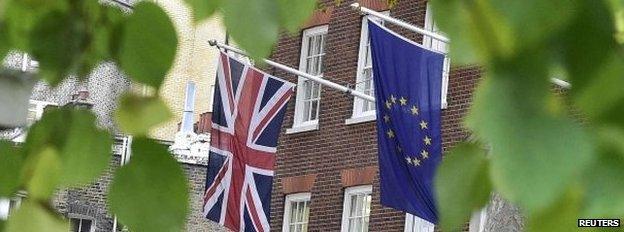
The UK is to have a referendum by the end of 2017 on whether to remain a member of the European Union or to leave. The vote is being proceeded by a process of negotiations in which the Conservative government is seeking to secure a new deal for the UK.
Explained: What David Cameron wants from the EU negotiations
- Published9 November 2015
- Published9 November 2015
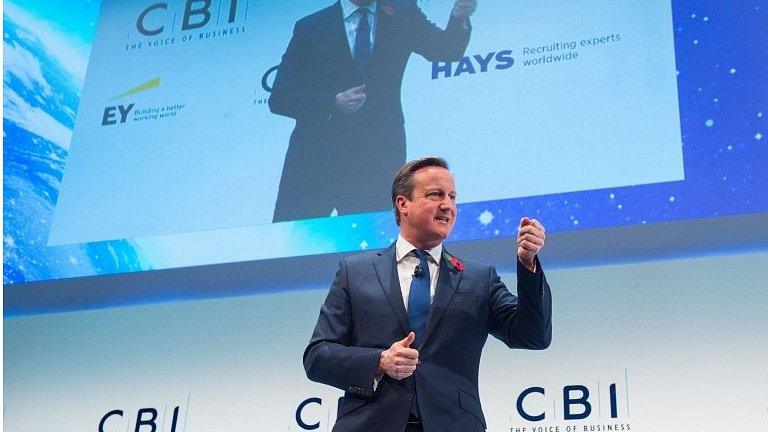
- Published4 November 2015
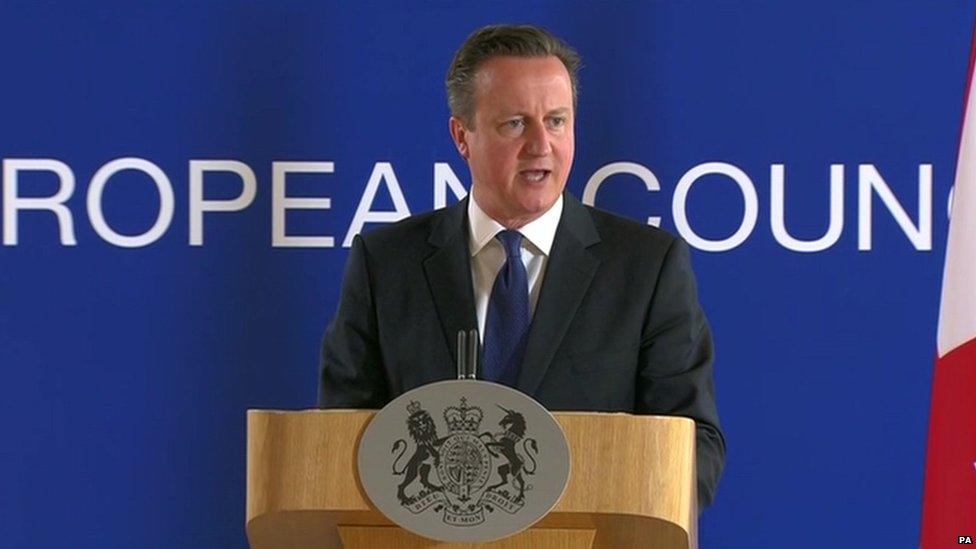
- Published8 November 2015
